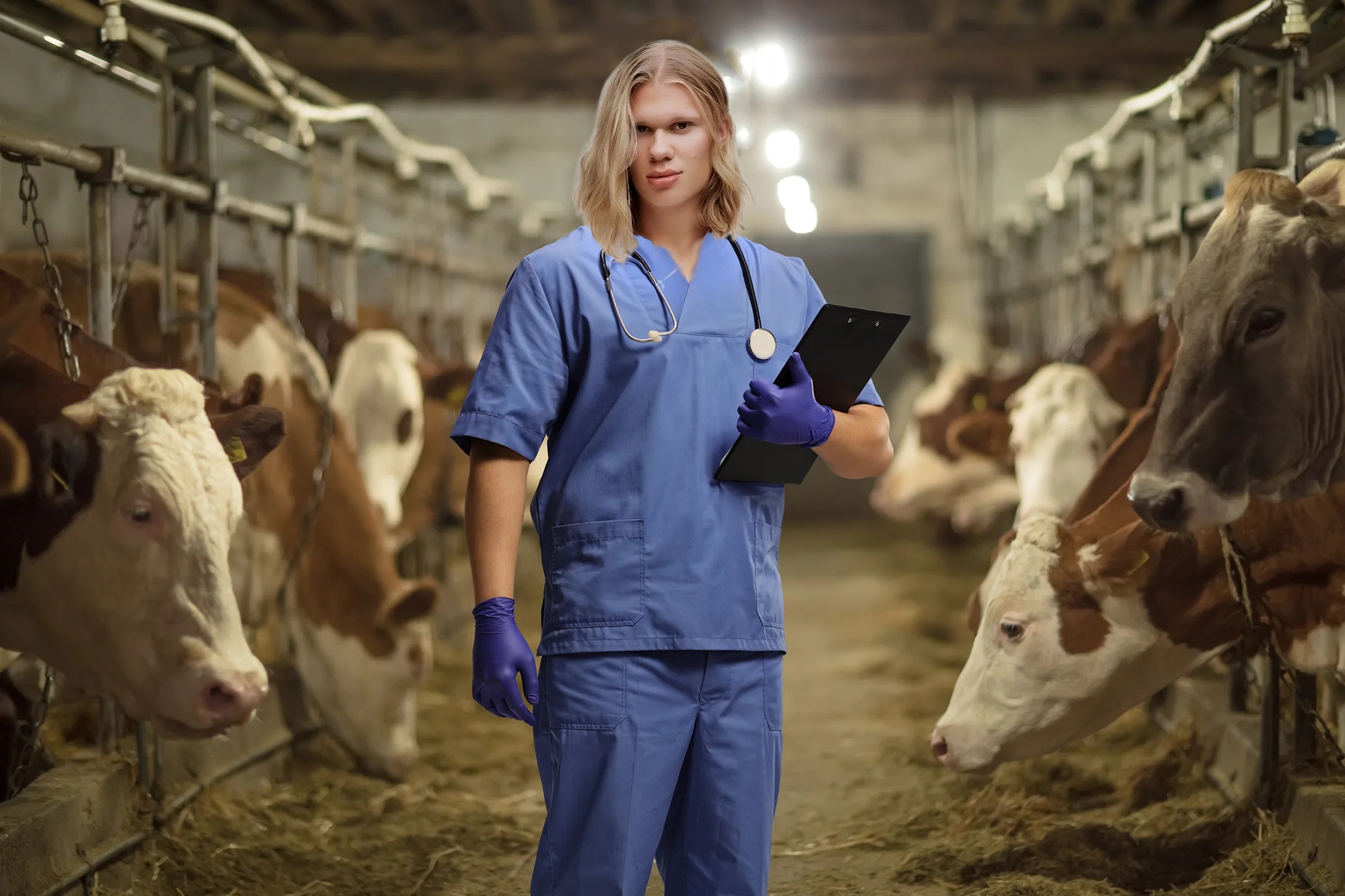Delving into the intriguing world of the unique ‘Okapi’ cow breed unveils fascinating hidden facts, particularly its distinctive feature of a belly hole. Nestled within a farm backed by a remarkable $9.5 million investment from Erling Haaland, this exploration sheds light on a lesser-known aspect of the agricultural landscape.
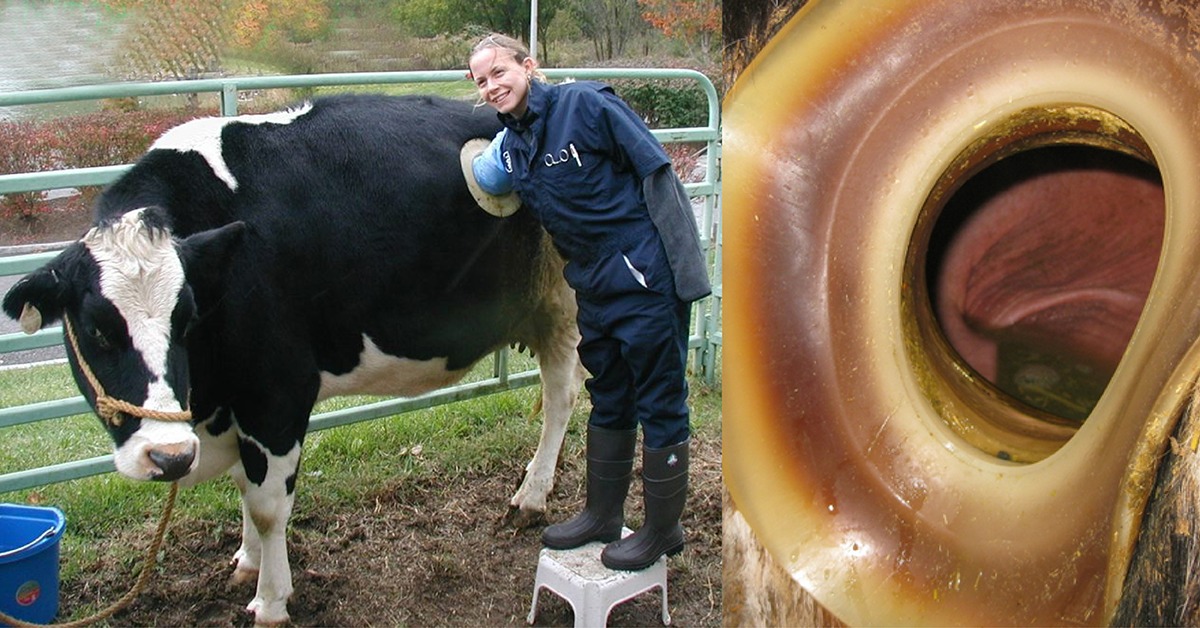
The Okapi cow, renowned for its peculiar characteristics, captures the curiosity of enthusiasts and experts alike. With its striking resemblance to the African Okapi mammal, this breed stands out for its distinct belly hole, a feature that sets it apart from conventional cattle breeds.
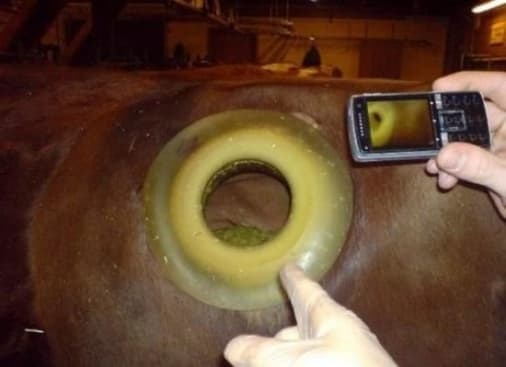
Within the confines of Erling Haaland’s meticulously curated farm, these enigmatic creatures roam freely, offering a glimpse into the captivating world of animal husbandry. The substantial investment injected into the farm underscores Haaland’s commitment to innovation and excellence in agricultural practices.
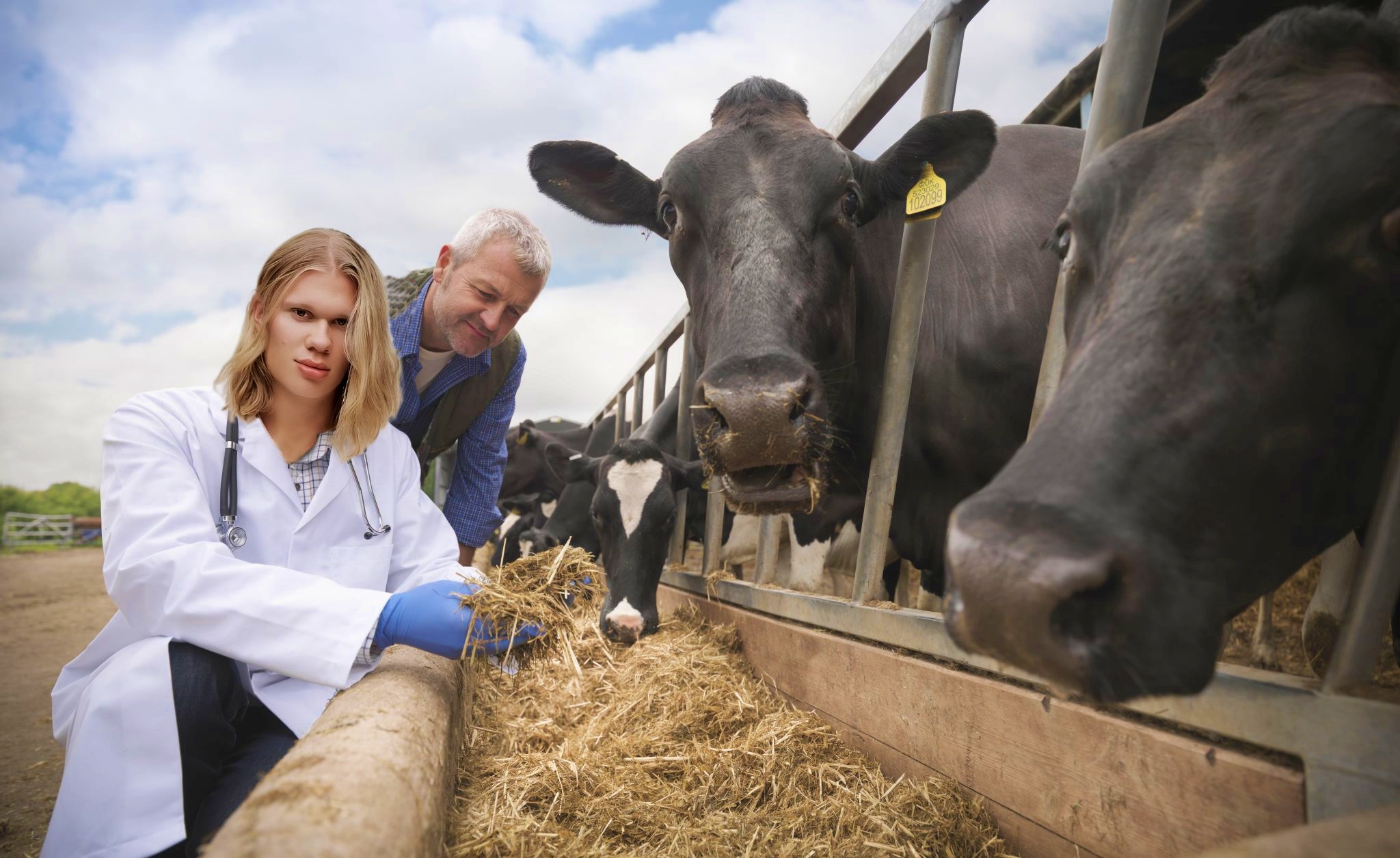
As researchers and agriculturalists continue to unravel the mysteries surrounding the Okapi cow breed, its unique traits and potential applications spark intrigue and fascination. From its distinctive appearance to its purported benefits in livestock management, the Okapi breed presents a wealth of opportunities for exploration and discovery.
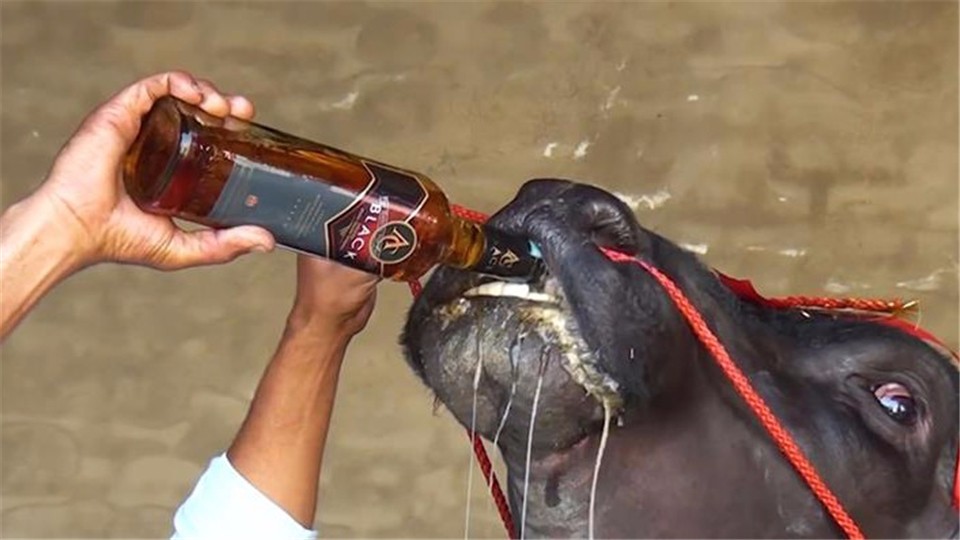
Haaland’s investment not only supports the preservation and propagation of this remarkable breed but also signifies a bold step towards revolutionizing the agricultural industry. By investing in cutting-edge technologies and sustainable farming practices, Haaland’s farm serves as a beacon of progress and innovation in the realm of animal agriculture.
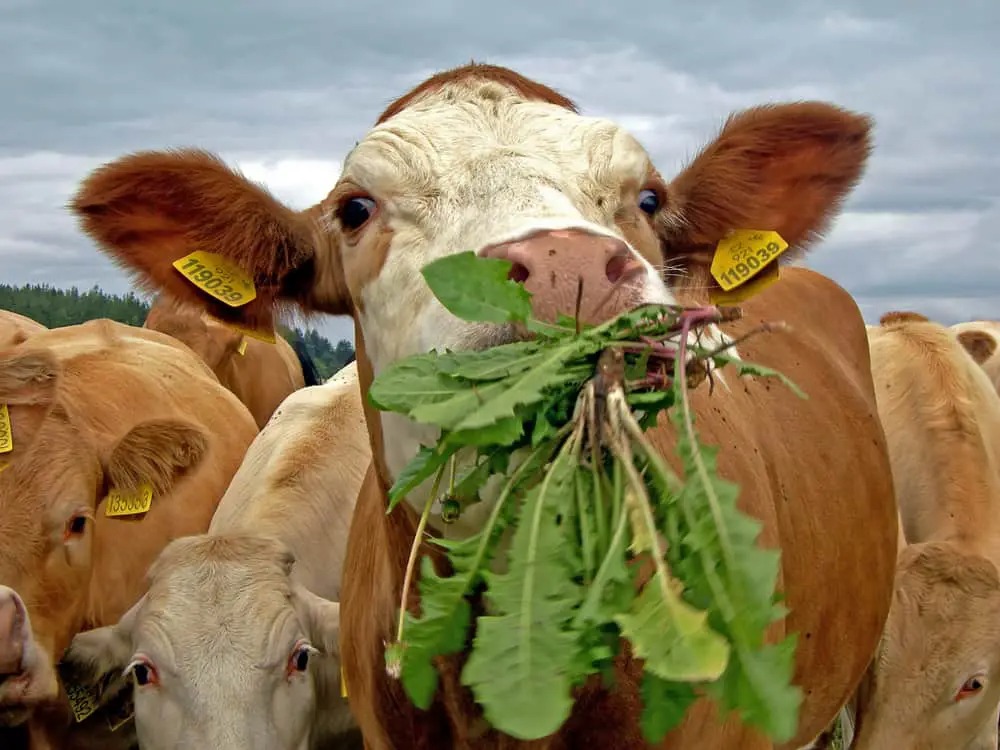
As the world’s understanding of the Okapi cow breed deepens, fueled by investments and research initiatives, its significance in the agricultural landscape is poised to grow. With Erling Haaland at the helm of this ambitious venture, the future looks promising for the Okapi breed and the agricultural sector as a whole.
